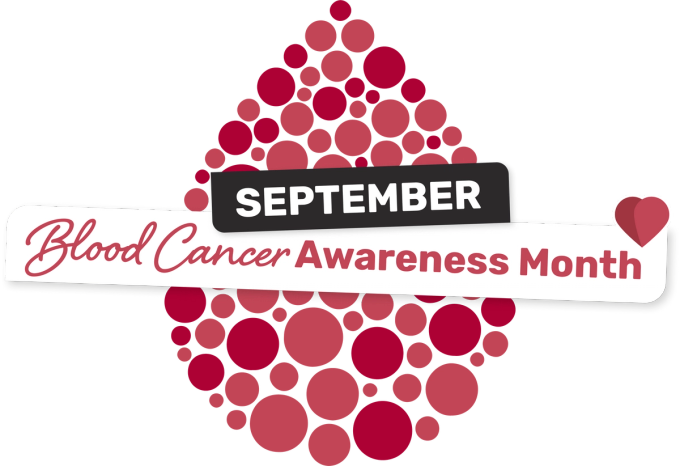The Know AML website uses a third-party service provided by Google that dynamically translates web content. Translations are machine generated, so may not be an exact or complete translation, and Know AML cannot guarantee the accuracy of translated content. Know AML and its employees will not be liable for any direct, indirect, or consequential damages (even if foreseeable) resulting from use of the Google Translate feature. For further support with Google Translate, visit Google Translate Help. The interviews webpage also uses YouTube, where subtitles and translations are generated automatically by AI; please be advised to exercise caution when precise interpretation is required. For further support with YouTube, visit YouTube Help.
BLOOD CANCER AWARENESS MONTH
September 1, 2024
Our mission is to raise awareness of acute myeloid leukemia and we would like your help! Blood Cancer Awareness Month is a time to unite globally and tell people about acute myeloid leukemia and other types of blood cancer.
